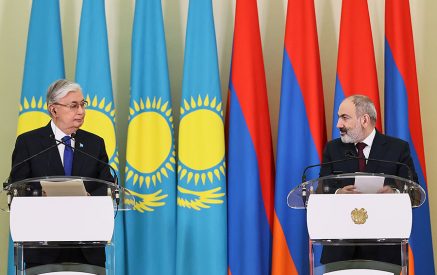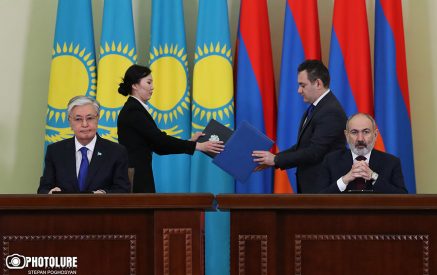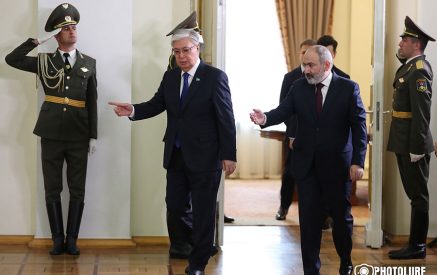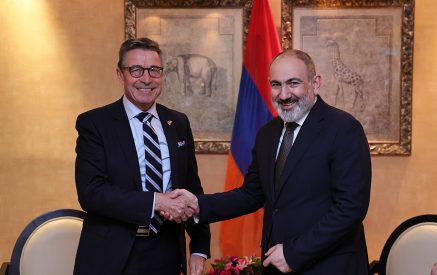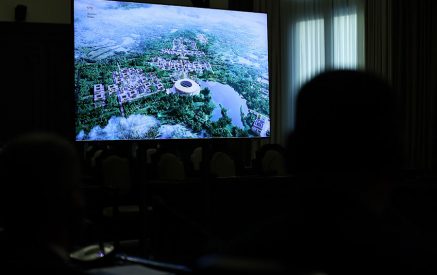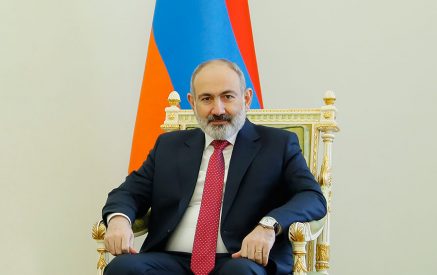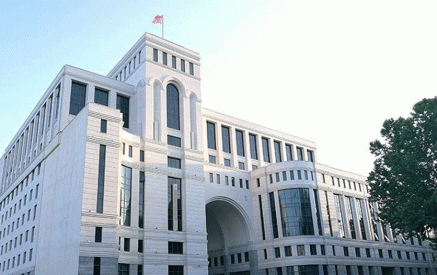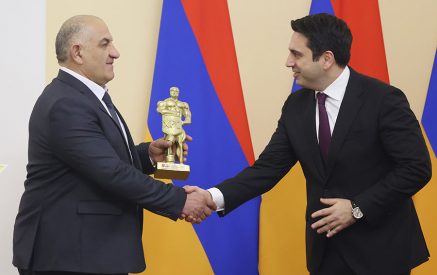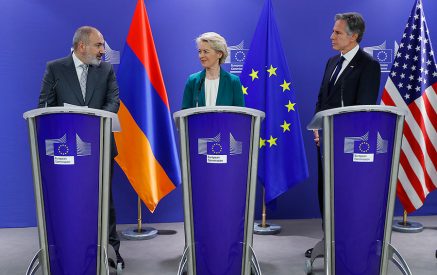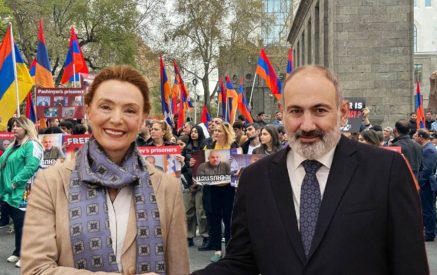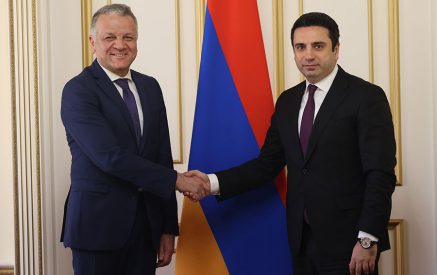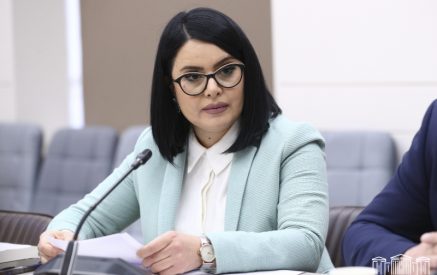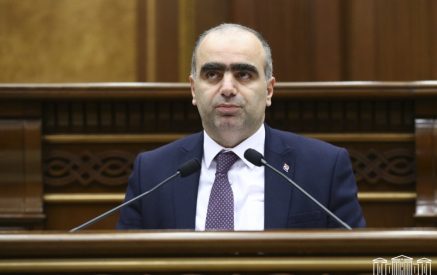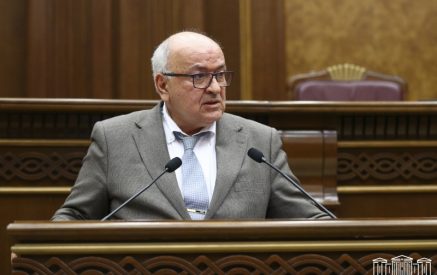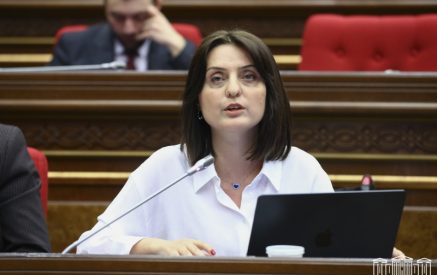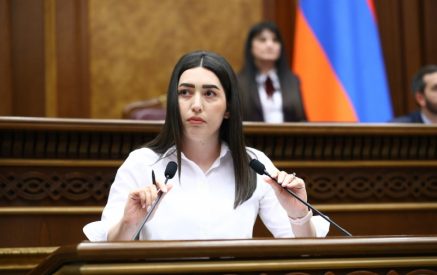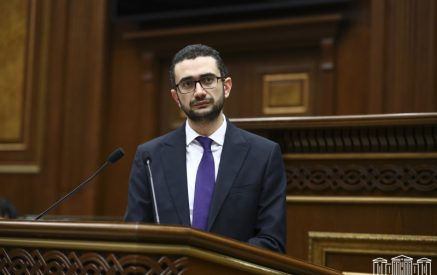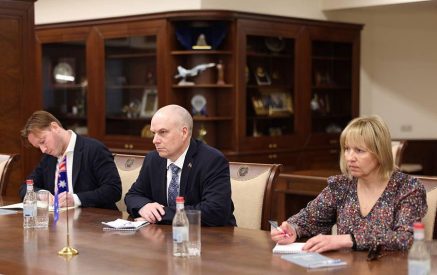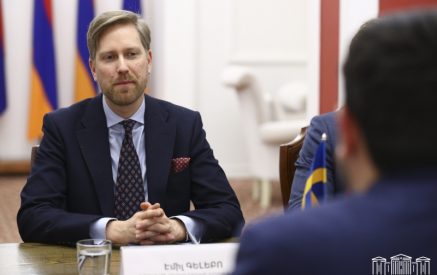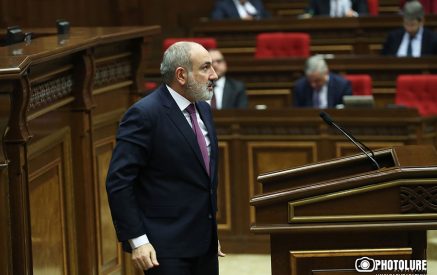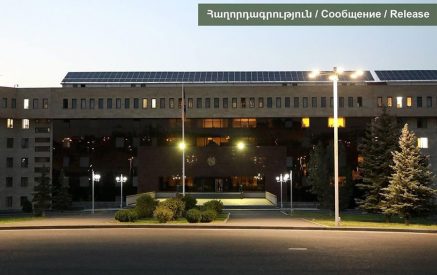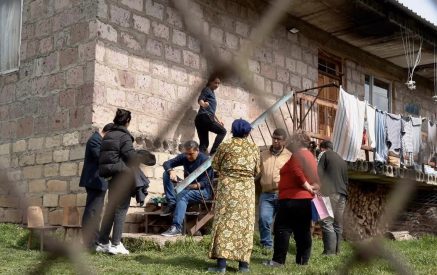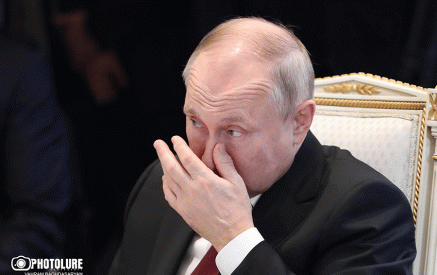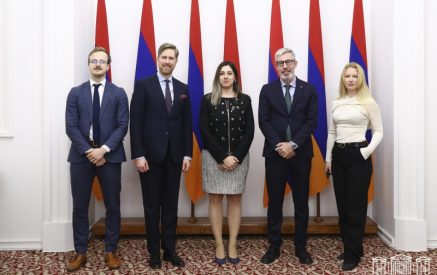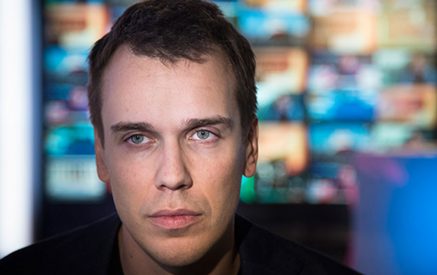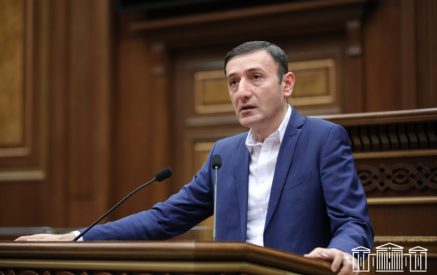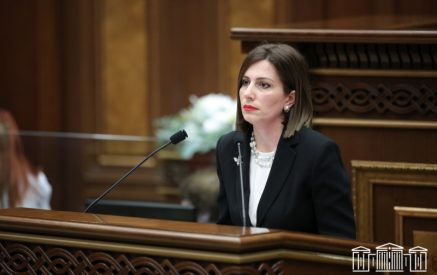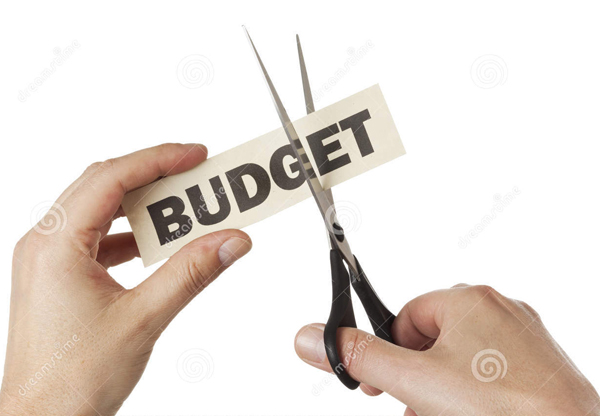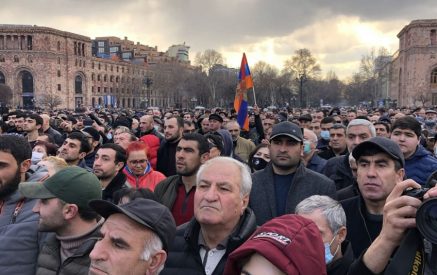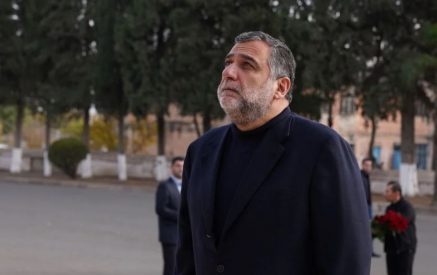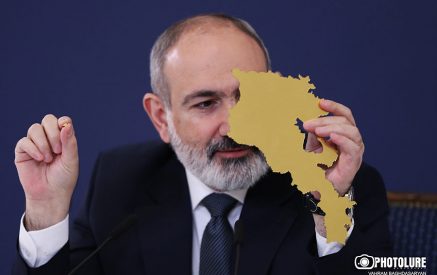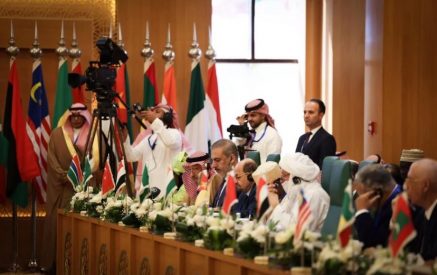Education expert about the 2016 Education Budget
131.939 million drams will be allocated to the education system by the 2016 budget draft. Despite the optimism of different “caliber” of officials that this is 6.5 million more than in the indicator of the previous year, objectively it is impossible to ensure normal education with this money in any country in the world. The education expert and YSU professor Serob Khachatryan is not particularly impressed by the 2016 education budget. He says that allegedly it grows in the last few years, but when viewing it in the context of the migration process, it turns out that the education budget is now much less than, let’s say, 5 years ago.
“If we speak from the perspective of the gross domestic product (GDP), then by the education development state program, this year, 4% of GDP should be allocated to the education system, while it makes approximately 2.5% for 2016. In other words, the financing of the education system is still insufficient, there is no increase in wages, we have serious problem at the high schools, the number of 10th graders is decreased, and it would be good if the financing would increase so that the high schools could overcome the crisis in the coming years. We have the same snapshot at the universities; the number of government allocations is not increasing.
As far as I know, there is an increase in the education budget only for the national excellence program, and there is no growth in the education system, in general,” says the education expert. He adds that, of course, there are many countries, where the education budget is consciously reduced, including even Finland. According to Serob Khachatryan, however. “The financing of the education sector is so low that the non-increase of salaries is already a big regress. The system is worn out because of the minimal funding. We pretend that we finance the education system and the education system pretends that it is possible to work with this money. This results that the human capital is worn out and the working motivation disappears … In many other countries, this scope of funding can cause worse results. Although my words are not based on research.”
Read also
“Aravot” asked the education expert, in this case, how the pupils’ and students’ success is registered. Our interlocutor said that the education system in the Soviet years had accumulated sufficient power: good teachers and professors, i.e., the good results are registered by this inertia. “The specification of the education is that it does not immediately “rise” and immediately falls,” said Serob Khachatryan. He also explains, “I have already mentioned that we have a potential accumulated since the Soviet times, those who have become teachers or professors in those years are still 45-50 years old. Unfortunately, this resource will gradually wear out because very few people want to work in the field of education. Hence, the result will be seen 10-20 year later. Incidentally, the university system also has a serious problem, although many of them are called state universities, but the vast majority of their income is generated from the student fees, and the state funding is 25-30 percent. The salaries at the universities are increasing when there is a minimum wage increase while the students’ scholarships continue to be 5000 AMD.”
Gohar HAKOBYAN,
“Aravot” daily

